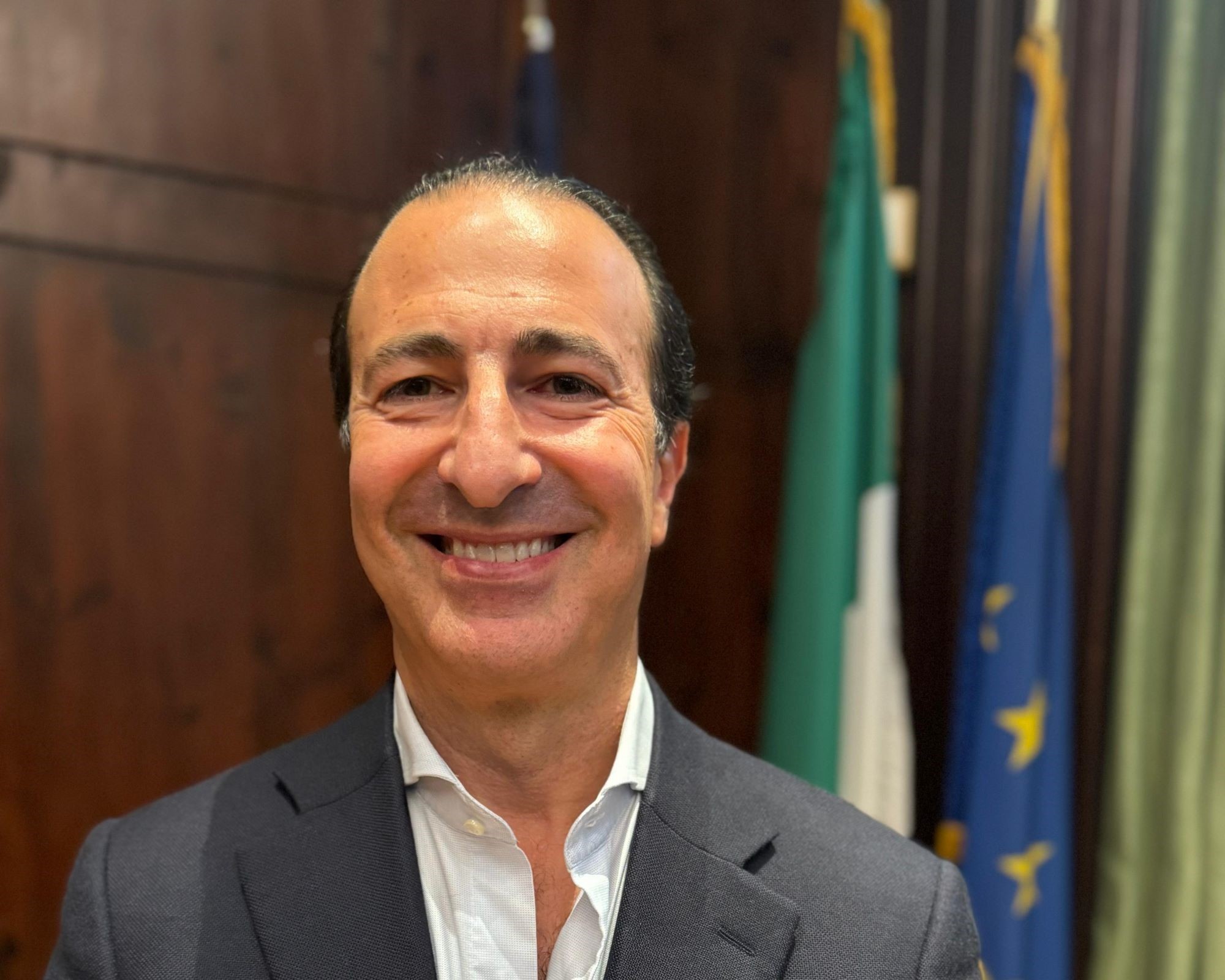Today, September 24, at the Naumberg Bandshell in Central Park, the event organized by Opera Italiana is in the Air takes place, a cultural initiative led by conductor and founder Alvise Casellati. We interviewed him at the Institute of Culture in New York, right after he finished his masterclass, to explore how a genre seemingly niche has gained such success worldwide, especially in the USA.
Opera Italiana is in the Air was founded in 2017 and has enjoyed significant success, leading up to today’s event in Central Park. What do you believe has driven the growing interest in Italian opera in the United States?
Ultimately, the quality is the beauty of opera: people respond to quality and effort. It’s like when an athlete watches a soccer match or a football game, perhaps the Super Bowl, with the number one and number two teams competing against each other — it’s a spectacle even for those who don’t regularly follow these events. When something of quality like opera is presented, featuring performers from the Metropolitan Opera and students from the best schools in the world, people can’t remain indifferent. It’s in our genes; it’s a world that belongs to us. For me, it’s natural that it succeeds.
Yet the perception is that opera doesn’t interest everyone…
People no longer know opera; they are largely unfamiliar with it. In the past, one would turn on the radio and hear opera; today, it’s not on the radio, not on television, and it’s not discussed by parents or friends because they don’t go to it. At this point, it must be a stroke of luck to end up in a theater to see opera, as people are largely unaware and uninterested. Opera Italiana is in the Air was created to bring opera outside the theater, to the places where people stroll and walk, perhaps noticing that it’s free, giving them a chance. It’s a program to spread our Italian DNA; it’s something we invented, and it remains one of the most complete art forms in the world. It still speaks of feelings, human life, who we are as human beings, and what we want to be in the future: it has all the ingredients to be pop music; we just have to believe in it.
Yesterday, you held an open masterclass here in New York at the Italian Cultural Institute, directed by Fabio Finotti, and the audience was moved by “E Lucevan le Stelle”: it was a very emotional and touching moment, performed by a non-Italian in perfect Italian. Can we say that opera is also a tool for transmitting our culture?
It’s the second most popular reason, if not the first in the world, for learning Italian abroad: if it’s not learned in church, it’s learned at the opera; at best, one is with an Italian partner and decides to learn Italian, but these are the reasons everyone speaks Italian. Because of opera.
If I’m not mistaken, you’ve referred to opera as pop music for the last 400 years. How does it still evoke such strong emotions in your works today, which remain relevant and continue to impact the world?
Because music speaks to feelings; it touches the emotions of the human heart. “E Lucevan le Stelle” was something that moved people because it was sung with great emotion, performed with emotion, and the audience understood what was being said. The text was explained to the audience, and when these elements are present, people feel moved. Tomorrow we will have an MC (Master of Ceremony) — we always choose a TV personality. Tomorrow, we will have Chloe Melas, an NBC entertainment correspondent, who will present this journey we will take together to the audience.
Is there a message you would like to convey?
Certainly, to give opera a chance by attending our programs and going to see opera. Programs like ours are for those coming for the first time, for those who have never been to the opera. About 95-99% of people who had never attended opera told us they didn’t know they were opera fans: people don’t even realize how beautiful it is and the emotions this world can evoke. It’s like seeing the Earth through its wonders, the Colosseum, and all the works of art. And this is music, so it’s pure emotion.

